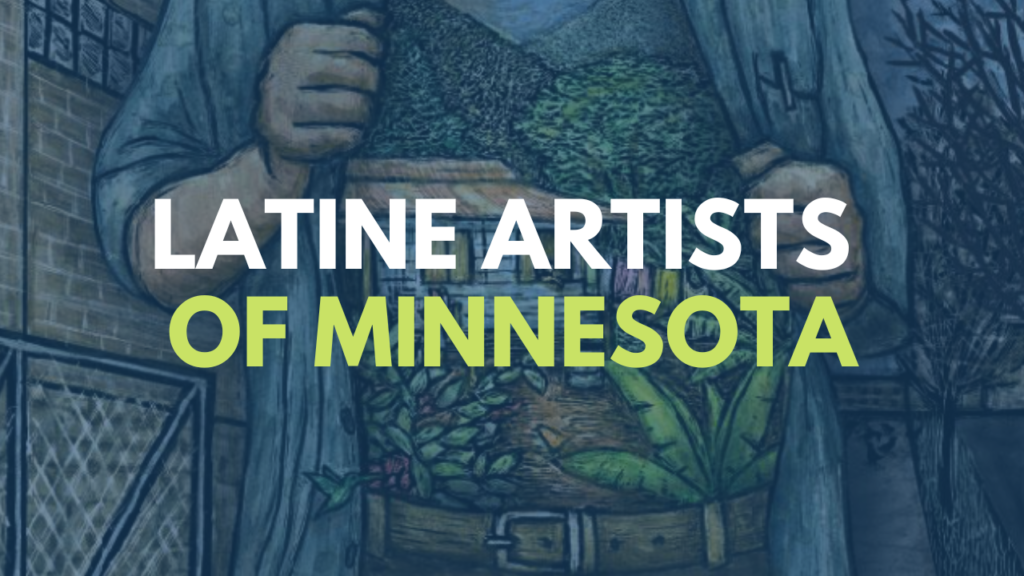
Artistry, Culture, and Society: Latine Artists of Minnesota
Executive Summary
Background
The Minnesota State Arts Board is a state agency that stimulates and encourages the creation, performance, and appreciation of the arts in the state. The State Arts Board is separately comprised of 11 regional arts councils that help serve specific groups of counties to provide more targeted aid to artistic communities. In 2021, the Minnesota State Arts Board funded Hispanic Advocacy and Community Empowerment through Research (HACER) to collect information about creative activities that Latine2 communities of artists engage in within Minnesota, looking to identify challenges and opportunities for improvement. The Latine Artists of Minnesota project lead by HACER focuses on increasing Latine creative activity in Minnesota by gathering information on the barriers, goals, and motivations of Latine artists engaged in the process of artistic creation.
Methods
HACER conducted three focus groups and 10 in-depth interviews with Latine artists and arts professionals to gain insights into the barriers, motivations, and goals of artists around Minnesota. Participants ranged in ages, backgrounds, geographies, genders, and practices. They were recruited through social media, contact with community leaders, contact with arts organizations, and through a snowball method of recruitment that relies upon referrals from colleagues and peers of the initial participants. This method of recruitment means that each participant was asked to spread the word and recommend other participants to the project. The focus groups sessions were conducted in English and Spanish over Zoom and gathered broad themes, issues, and perspectives that Latine artists share. The in-depth interviews were also over Zoom and centered common themes of Latinidad and artistic practice, barriers to artistic practice, and potential solutions. All the in-depth interviews were hosted in English.
Findings
Focus groups
Nineteen individuals participated in the virtual focus groups sessions; of all the participants, 12 (63%) stated that their job relates to their artistic practice, while seven (37%) stated that their job was separate from their artistic practice. Focus group session participants shared various issues that were important to them as Latine artists, including:
• The need for more Latine specific spaces and grants that would bolster community amongst Latine artists
• The need for mentorship and sustained financial and educational support to address barriers for consistent artistic practice
• The inaccessibility of educational and funding resources due to documentation status, language barriers, time consuming and rigorous grants applications, and lack of representation within selection committees and arts boards
